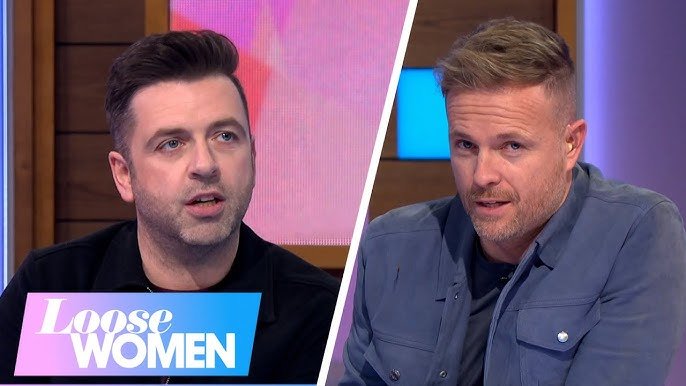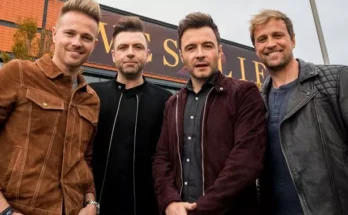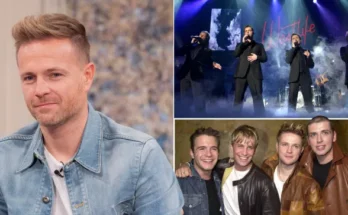Nicky Byrne has opened up about Westlife’s evolution ahead of the band’s landmark performance at Wembley Stadium, reflecting on the group’s past, their six-year hiatus, and their remarkable journey since reuniting. The band, originally formed in 1998, has gone through several major transitions—including the departure of Brian McFadden in 2004 and a seven-year break from 2012 to 2018. According to Byrne, these changes have effectively created “two completely different bands” across their career.
Westlife found massive success early on, with 14 UK number-one singles and millions of fans across the globe. But after 14 non-stop years in the spotlight, they disbanded in 2012. During that time apart, Byrne says each member matured individually, allowing them to return in 2018 with a fresh mindset. “When we came back, we all approached Westlife differently,” he noted. “It wasn’t just picking up where we left off. It was like starting over with new eyes.”
Their return to the stage in 2019 marked a turning point—not only for the band but for their fanbase as well. Byrne described how the crowds now reflect the passing of time, with entire families attending shows: longtime fans who grew up with Westlife now bring their children, partners, and even skeptical friends who walk away surprised by the energy of the performances. “It’s not just a concert—it’s become more like a shared generational experience,” Byrne said.
As the group looks to the future, Byrne didn’t dismiss the idea of embracing technology, including AI-powered stage shows like ABBA’s holographic concert experience. While he acknowledged that Westlife isn’t quite at that level yet, he also admitted that the band keeps surpassing its own expectations. Playing Wembley Stadium for the first time—more than two decades into their career—is one such milestone. “This isn’t slowing down,” he remarked, “and that surprises even us.”
Their upcoming performance at Wembley, which will also be streamed live in cinemas across the UK, is a momentous occasion for the band. Byrne described it as an emotional high point, symbolizing everything Westlife has endured and achieved—through hit records, family life, lineup changes, and personal growth. As they step onto one of the world’s most iconic stages, they do so not as the boys who started in 1998, but as a band reborn, stronger and more connected than ever.



